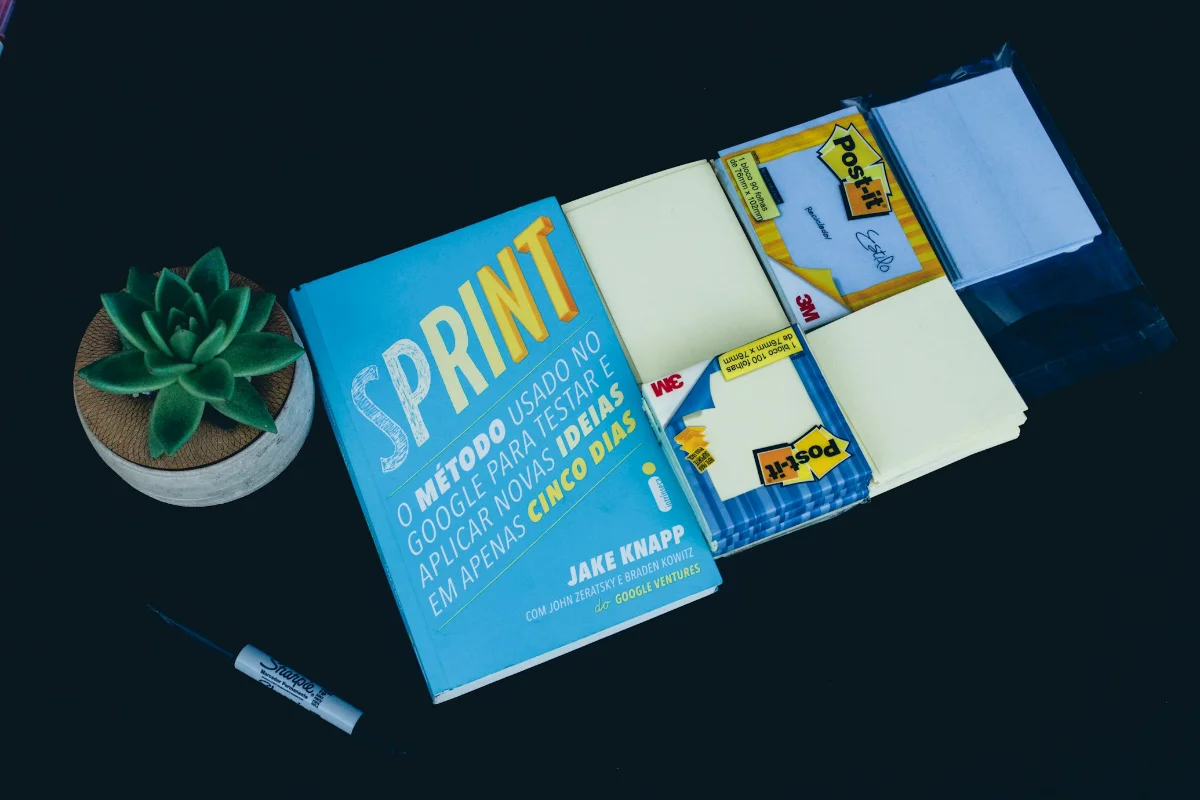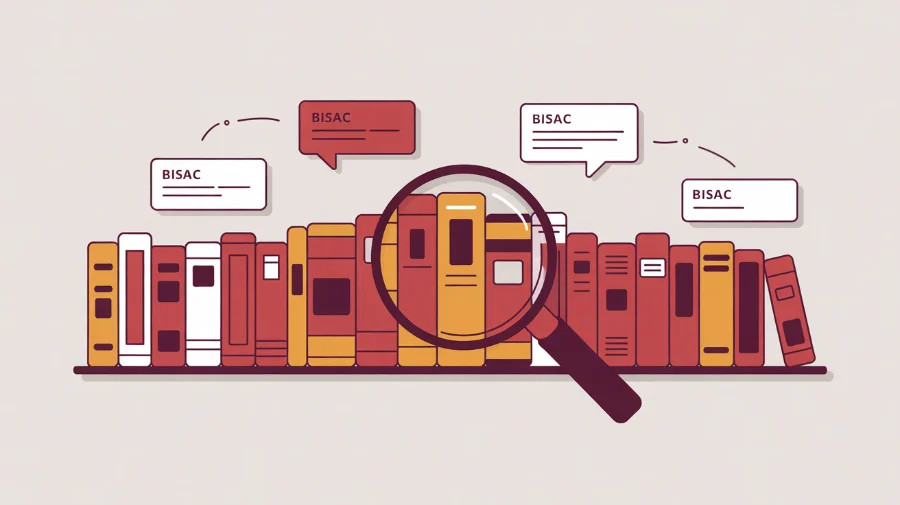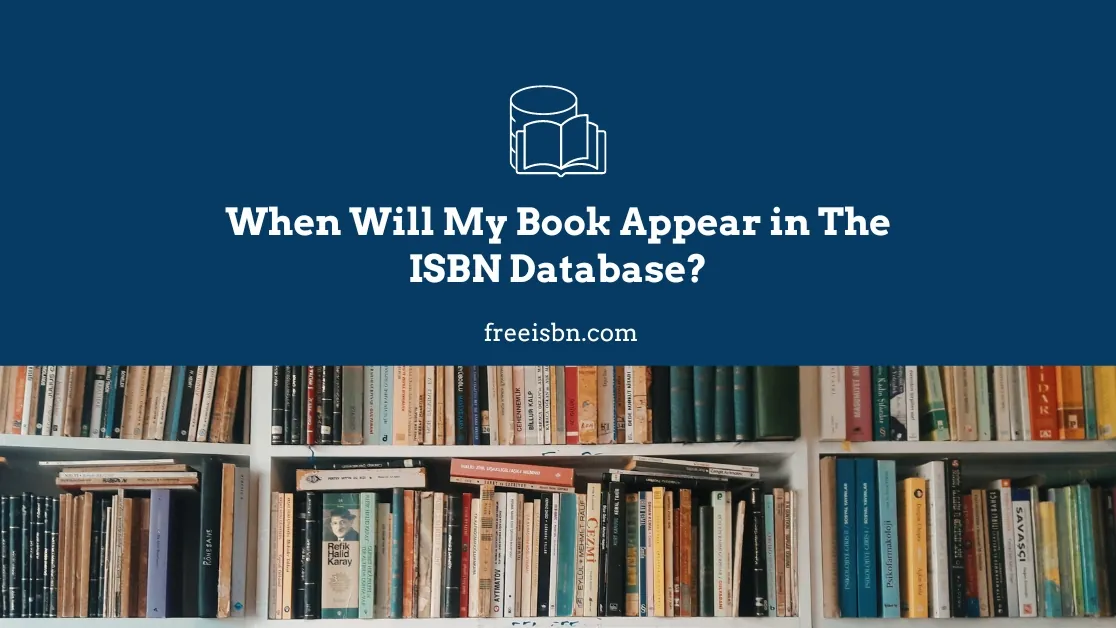
ISBN Eligibility: What Qualifies and What Doesn’t
Confused about whether your product needs an ISBN? Not everything qualifies! This guide clarifies which books, ebooks, and educational materials are eligible, and what alternatives exist for ineligible items like games and stationery. Avoid common ISBN mistakes and streamline your publishing process.
An International Standard Book Number (ISBN) is a unique identifier for books and certain other publications, helping to streamline cataloging, sales, and distribution. However, not every product is eligible for an ISBN. This blog post outlines which publications qualify for an ISBN, which do not, and what alternatives exist for non-eligible items, based on guidelines from the International ISBN Agency.
Publications Eligible for an ISBN
An ISBN can be assigned to specific types of publications that meet the criteria for standardized identification. These include:
- Printed Books, Brochures, and Booklets: Physical books, including novels, textbooks, and informational pamphlets.
- eBooks: Digital versions of books in formats like PDF or EPUB.
- Audiobooks: Available as CDs, DVDs, or downloadable files.
- Wall Calendars: Annual calendars designed for wall display.
- Maps: Geographic or thematic maps in physical or digital form.
- Educational Software: Teaching and learning materials delivered as software.
- Educational Films and Videos: Content created specifically for educational purposes.
- Braille Documents: Texts formatted in Braille for accessibility.
Key Rule: Each format of a publication (e.g., hardcover, paperback, eBook) requires a separate ISBN, and each ISBN can only be used once. This ensures accurate tracking across different editions and formats.
For detailed guidance, refer to the ISBN Handbook, which outlines the rules for ISBN use that must be strictly followed.
Products That Cannot Be Assigned an ISBN
Not all products qualify for an ISBN. The following items are explicitly excluded from receiving an ISBN, as they do not meet the criteria for standardized book or publication identification:
- Advent calendars
- Albums, coloring books, blank books/booklets
- Baby books made of plastic or plush
- Book stands, bookmarkers
- Card games, playing cards, tarot cards, oracle cards, fortune-telling cards, reading cards, saying cards
- Craft books, craft materials, craft sheets, craft calendars
- Diaries, pocket calendars, planners
- Diligence cards, slides, work slides, projection slides (unless for educational purposes)
- Dispenser displays, doodle books, flipbooks, devotional items
- Filing cabinets, folders (empty)
- Gift boxes, gift wrap, graphics, voucher books/booklets
- Instruction manuals, supplements, booklets
- Invitation cards, registration books, stock books, stock albums, entry books
- Magnetic books
- Merchandise (tools, gifts)
- Music CDs/DVDs, sheet music, music books, blank note paper
- Photo albums, poetry albums
- Postcards (including art, text, and greeting postcards), postcard books, postcard calendars
- Posters, folding posters
- Puzzle books/booklets (e.g., crossword puzzles, Sudoku), travel games
- Slipcases (book or card slipcases)
- Software (except educational software)
- Stationery products
- Sticker books, mandalas
- Toys, plush toys
- Websites, nativity scenes, advertising materials (e.g., company, city, or regional portraits, tourism)
This extensive list covers items that are primarily non-educational, promotional, or merchandise-based, which do not align with the purpose of an ISBN.
Alternatives for Non-Eligible Products
If your product does not qualify for an ISBN, you can use a Global Trade Item Number (GTIN) for identification. GTINs are managed by GS1 and are widely used for products like merchandise, games, or stationery. For more information on obtaining a GTIN, visit the GS1 website.
Why ISBN Rules Matter
Adhering to ISBN guidelines ensures consistency in the publishing industry, making it easier for retailers, libraries, and distributors to manage and track publications. Misusing an ISBN or assigning it to ineligible products can lead to confusion in the supply chain and potential legal issues. Always consult the ISBN Handbook to ensure compliance with the rules.
Conclusion
Understanding which products qualify for an ISBN is crucial for publishers, authors, and creators. Books, eBooks, audiobooks, and certain educational materials are eligible, but items like coloring books, card games, and promotional materials are not. For non-eligible products, a GTIN offers a viable alternative. By following the ISBN guidelines, you can ensure your publications are properly identified and ready for the global market.
For more details, check the official International ISBN Agency guidelines or download the ISBN Handbook.

Rajeev Joshi
Blogger and Social Media Manager
Rajeev is a part-time blogger who writes about book publishing and marketing. In addition to creating online content, he is a health and nutrition expert.
More posts by Rajeev Joshi

